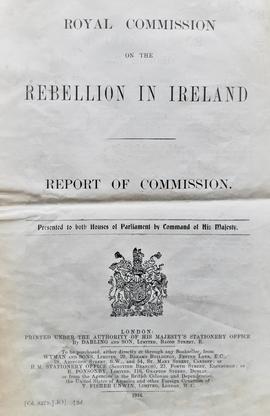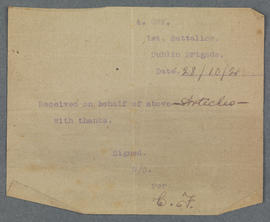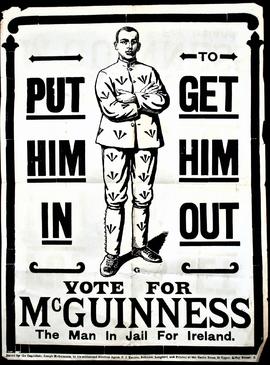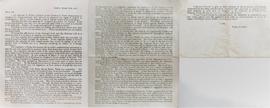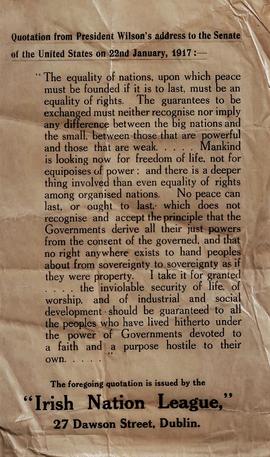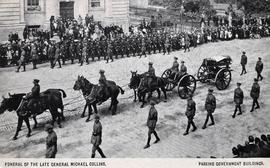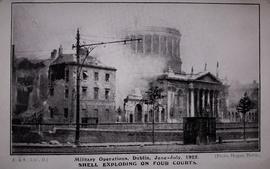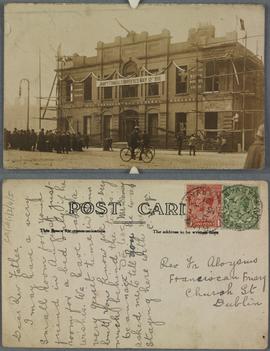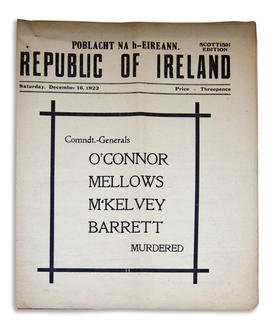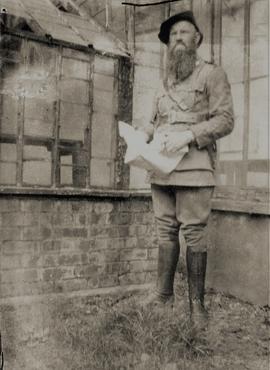Report of the Royal Commission on the Rebellion in Ireland
- IE CA IR-1/7/1/33
- Item
- June 1916
Part of Irish Capuchin Archives
The Report of the Royal Commission on the Rebellion in Ireland in 1916. A Royal Commission of Inquiry was established under Charles Hardinge, 1st Baron Hardinge of Penshurst (1858-1944) to investigate the causes of the Rising. The commission commenced its work on 18 May 1916 and it heard evidence over nine days from key figures including Augustine Birrell, the Chief Secretary for Ireland (1905-1916), and Neville Chamberlain, the Inspector General of the Royal Irish Constabulary. The report of the commission was published on 26 June 1916. The report outlined conclusions drawn from the commission of inquiry. It criticized the administrative and intelligence systems in place in Ireland. It reached the general conclusion that the main cause of the rebellion, ‘appears to be that lawlessness was allowed to grow up unchecked, and that Ireland for several years past has been administered on the principle that it was safer and more expedient to leave the law in abeyance if collision with any faction of the Irish people could thereby be avoided'.

